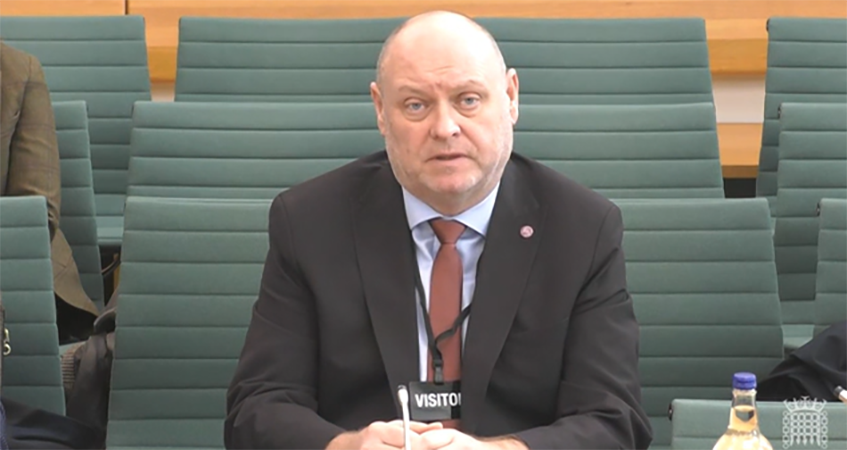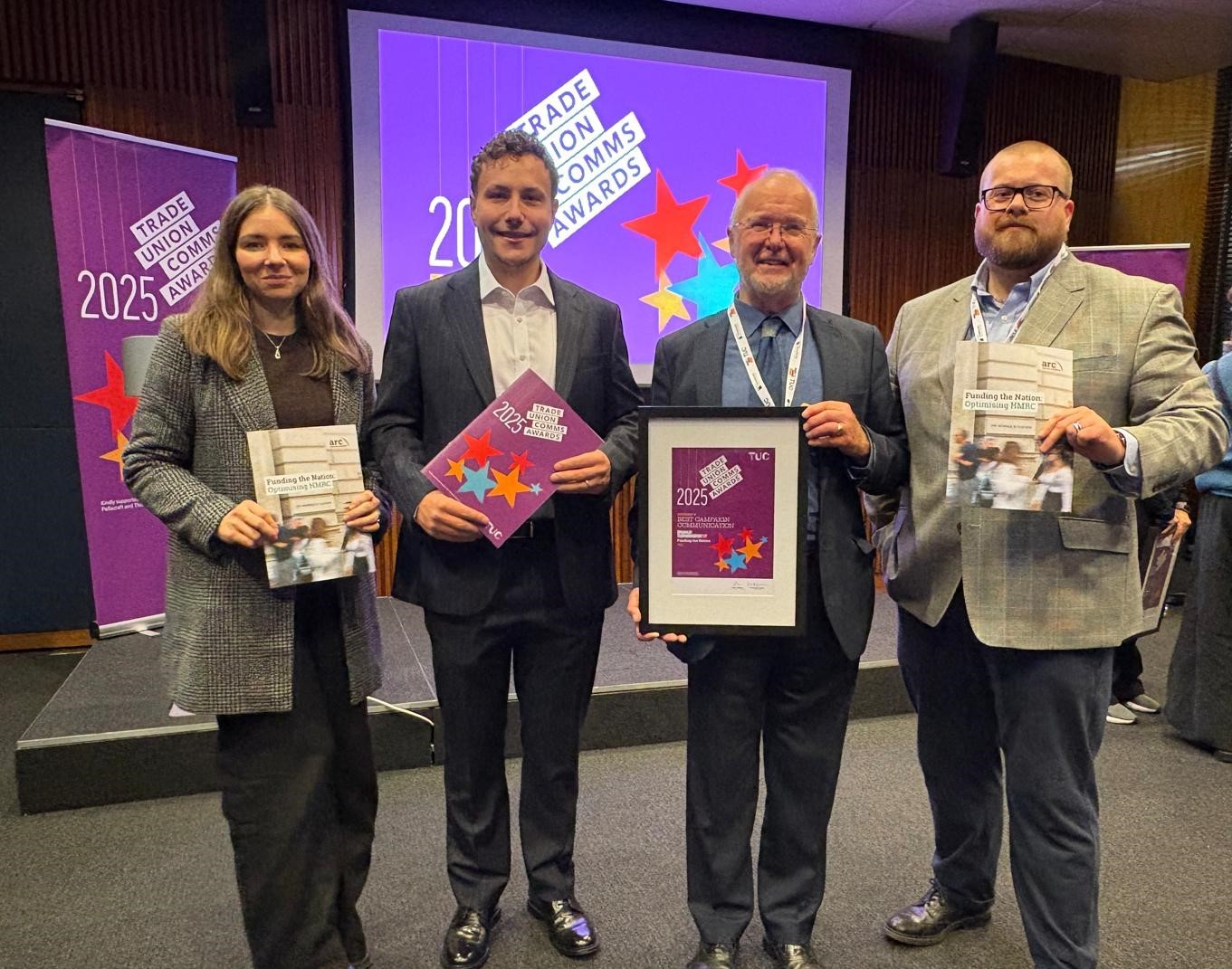FDA General Secretary tells MPs political leadership must show more consistency in enforcing standards

FDA General Secretary Dave Penman has told the House of Commons Standards Committee that compared to the environment in the wake of the MeToo movement, members have grown in confidence “to challenge inappropriate behaviour” by MPs. However, there will always be room for improvement.
Penman, alongside Prospect General Secretary Mike Clancy, was giving evidence to the Committee’s inquiry into the House of Commons standards landscape, which is examining the landscape of bodies and processes that regulate the conduct of MPs.
Discussing the importance of independence for these bodies and processes, Penman highlighted how the implementation of the Independent Complaints and Grievances Scheme (ICGS) in 2018 has taken away the decision to investigate, and the outcomes of investigations, from MPs and out of political influence, which “absolutely” improved FDA members’ confidence to report any inappropriate conduct by MPs.
Penman compared the independence of the ICGS to the Ministerial Code, which he called “completely and utterly inadequate for the purpose of regulating conduct” as all power derives from the Prime Minister, with no independence.
However, the General Secretary stressed that the changing culture in Westminster is a constant process, and improvements are required. He said: “I don’t think anyone would say it is sorted or done”.
In the written evidence to the inquiry, the FDA repeated the call for risk-based exclusion of MPs under investigation for serious offences in order to protect staff:
“We believe that formal protocols between the political parties and parliament are required to ensure that information necessary to the health and safety of employees, visitors, constituents attending surgeries and, indeed, other MPs, such as that an MP is under investigation by their party for allegations of a sexual or violent nature, is made available to relevant persons within the parliamentary structure to enable proper risk mitigations to take place.”
Penman told the Committee that the ICGS cannot drive cultural change on its own and political leadership must show “consistency, not just of message, but on actual decisions and actions” when enforcing standards in their own ranks.
The General Secretary explained that there is a “hesitancy about publicly defending” the ICGS and investigatory processes. While the confidentiality of complaints processes must be protected, a public face to a process is equally vital and would help maintain confidence and impartiality.
He argued: “Everyone would feel greater confidence if there was someone in the public realm prepared to respond when there are unfair criticisms of the process”, for example around lengthy delays.
The Guardian reported on the full day’s evidence. You can also view video clips of Penman’s evidence via X.Related News
-

Organising: a community of practice
FDA Head of Organising and Learning Deri Bevan on the rise in HEO, SEO and graduate scheme members who are increasingly active within the FDA. Plus, trends and feedback from this year’s FDA Learn calendar.
-

Retention and reward for the Fast Stream
Robert Eagleton, the FDA’s National Officer for the Fast Stream, outlines why retention and pay parity are the key issues for Fast Streamers.
-

FDA highly commended for Funding the Nation campaign at 2025 TUC Comms Awards
The FDA is delighted to have been highly commended in the Best Campaign Communication category for ‘Funding the Nation’ at this year’s TUC Comms Awards.